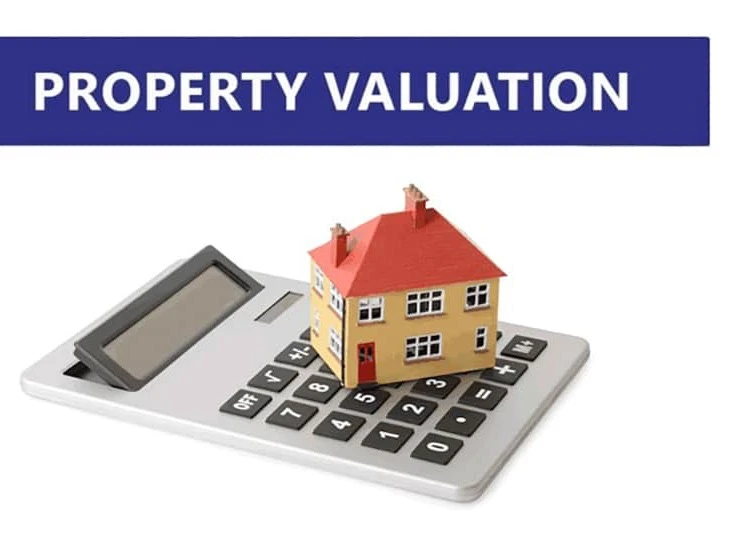The Ultimate Guide to Property Valuations: Everything You Need to Know
Are you considering buying or selling a property? Understanding property valuations is crucial in making informed decisions in the real estate market. Whether you are a homeowner, investor, or real estate agent, knowing how property valuations work can be the key to maximizing your return on investment. In this comprehensive guide, we will walk you through everything you need to know about property valuations.
What is a Property Valuation?
A property valuation is an assessment of the worth of a property based on various factors such as location, size, condition, and market trends. It is conducted by a qualified valuer who provides an unbiased estimate of the property's value. Property valuations are essential for a variety of reasons, including buying or selling a property, refinancing, insurance purposes, or estate planning.
Factors Affecting Property Valuations:
Several factors influence the valuation of a property:
1. Location: The location of a property is one of the most significant factors affecting its value. Properties in desirable neighborhoods with good amenities and infrastructure tend to have higher valuations.
2. Size and Layout: The size and layout of a property also play a crucial role in determining its value. Larger properties with functional layouts generally command higher prices.
3. Condition: The condition of a property, including its age, maintenance, and upgrades, can impact its value. Well-maintained properties are likely to have higher valuations.
4. Market Trends: Property valuations are also influenced by market conditions such as supply and demand, interest rates, and economic factors. Understanding current market trends is essential for accurate valuations.
Methods of Property Valuation:
There are several methods used to determine the value of a property:
1. Comparative Market Analysis (CMA): A CMA involves comparing the property to similar properties that have recently sold in the area. This method is commonly used for residential properties.
2. Cost Approach: The cost approach estimates the value of a property by calculating the cost of rebuilding it minus depreciation. This method is often used for new or unique properties.
3. Income Approach: The income approach is used for income-generating properties and estimates the value based on the property's potential income and expenses.
4. Investment Valuation: This method considers the potential return on investment (ROI) of a property and is commonly used by investors to assess the profitability of a property.
Importance of Property Valuations:
Accurate property valuations are essential for various reasons:
1. Buying or Selling: Property valuations help buyers and sellers determine a fair price for a property, ensuring a smooth transaction.
2. Refinancing: Lenders require property valuations to determine the loan amount they can offer based on the property's value.
3. Insurance: Property valuations help property owners determine the appropriate amount of insurance coverage needed to protect their investment.
4. Estate Planning: Valuations are essential for estate planning to ensure that assets are distributed fairly among beneficiaries.
In conclusion, property valuations play a crucial role in the real estate market and are essential for making informed decisions about buying, selling, or investing in properties. By understanding the factors that influence valuations and the methods used to determine property values, you can navigate the real estate market with confidence and maximize your returns. If you need a professional property valuation, consider hiring a qualified valuer to provide you with an accurate assessment of your property's worth.

 Continue with Facebook
Continue with Facebook
 Continue with Email
Continue with Email














